We are a working group focused on integrating information from palaeoecology, archaeology and traditional knowledge to address urgent Anthropocene crises.
Together, we form ECHOES: Exploring Climate and Human Observations from the Global South.
We are a working group focused on integrating information from palaeoecology, archaeology and traditional knowledge to address urgent Anthropocene crises.
Together, we form ECHOES: Exploring Climate and Human Observations from the Global South.

Understanding the Anthropocene crisis – where humans have significantly impacted the Earth – means looking at its historical roots and challenges, and requires a profound acknowledgment of perspectives from the Global South.
The Anthropocene intricately intertwines with historical processes that have disproportionately affected the Global South. The reverberations of European colonialism and subsequent geopolitical upheavals extend beyond disrupting the landscape management practices of Indigenous and local communities, shaping the stage for contemporary global socioeconomic inequalities.
Recognizing the significance of archaeological, historical, and ancestral viewpoints from the Global South becomes pivotal for a comprehensive understanding of the Anthropocene crisis, casting light on the enduring impacts of human-environment interactions.
In the quest for information about the Global South Anthropocene, challenges surface in locating qualified content both produced by and about these regions. Acknowledging this informational gap, we are dedicated to curating content here that has inspired us in our pursuit of local voices and perspectives.
We acknowledge the existing disparity in amplifying certain voices in this discourse, often favoring historical power institutions and western languages in academic and non-academic communication. Anthropocene discussions predominantly stem from Global North institutions, with only peripheral engagement from Global South counterparts, typically within non-specialized research programs.
This website strives to rectify this imbalance by spotlighting and centralizing perspectives often marginalized in the mainstream Anthropocene dialogue.

Archaeobotany, biomolecular archaeology
Portuguese, Spanish, English
Learn more

Biomolecular archaeology
Armenian, Russian, English, German
Learn more
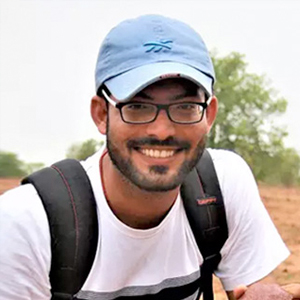
Organic geochemistry, geoarchaeology
Hindi, Maithili, Bengali, Punjabi, English
Learn more

Land use, urbanisation
English, German
Learn more

Agrarian landscapes, Archaeobotany, Anthropology
English, Spanish
Learn more

Environmental history, urban studies
Portuguese, English
Learn more

History, Geography
English, Portuguese, Spanish
Learn more
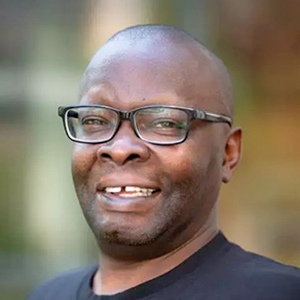
Environmental archaeology
Kiswahili, English
Learn more

Geoarchaeology, palaeoenvironments
English, Hindi, Maithili, Gujarati
Learn more

Palaeoecology, stable isotopes
English, Spanish
Learn more

Palaeoecology, geochemistry
English
Learn more

Forest ecology, Historical ecology, dendrochronology
Portuguese, English
Learn more
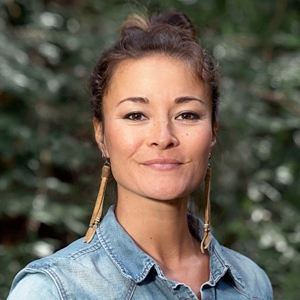
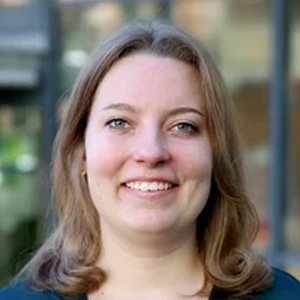
Palaeoenvironments, geology
German, English
Learn more

History, biodiversity
English, Portuguese, Spanish, German
Bio
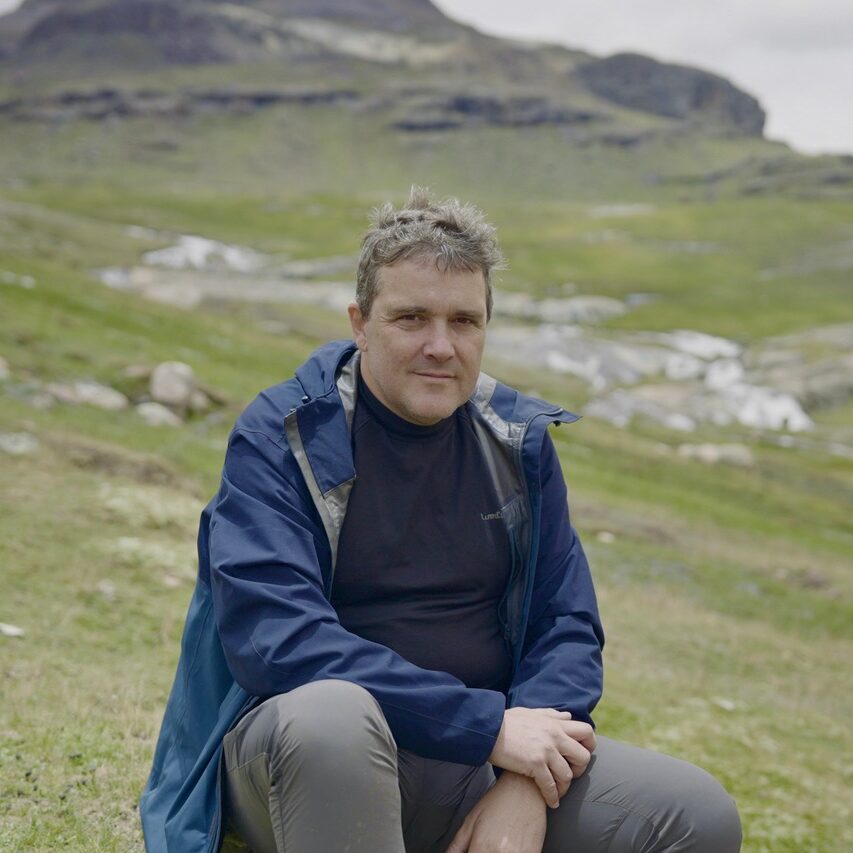
Landscape archaeology, Ancient hydraulic engineering, heritage conservation
English, Spanish, German
Learn more

Archaeology, agrarian landscapes, geomatics
Spanish, English
Learn more

Palaeoecology, geography
English, Swahili
Learn more
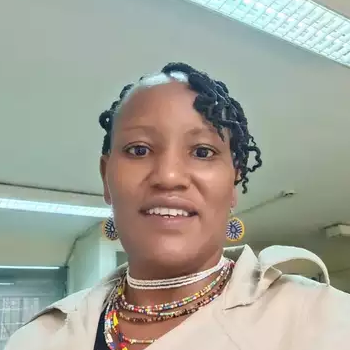
Palaeoecology, palaeobotany, palaeoenvironments
Swahili, English
Learn more

Palaeoclimate, conservation palaeobiology, water quality
Russian, English, German
Learn more

Zooarchaeology
Armenian, English, Russian, and German
Learn more